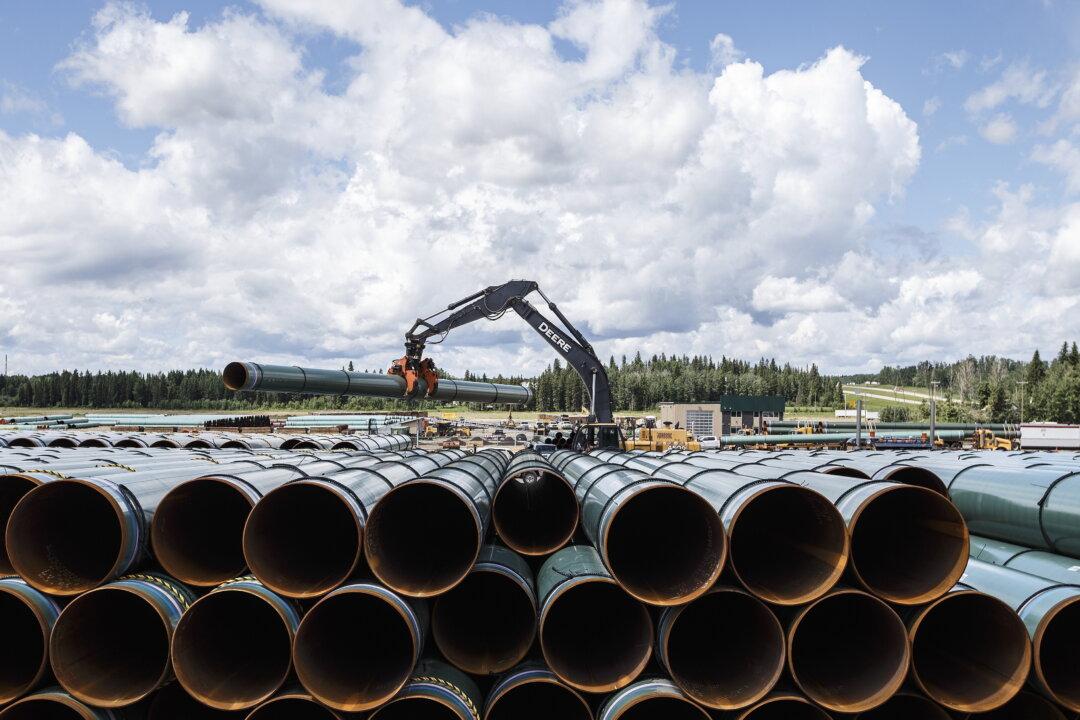The Alberta government says it will take Ottawa to court after the federal government failed to meet a four-week deadline the province gave it to address concerns about the amended Impact Assessment Act (IAA).
Alberta officials said they filed the case with the province’s Court of Appeal on the morning of Nov. 28 after not receiving a response from Ottawa by the deadline the province announced on Oct. 4. The legal case challenges the constitutionality of the amended Impact Assessment Act, which the province says gives the federal government control over projects that fall under Alberta’s “exclusive jurisdiction.”





